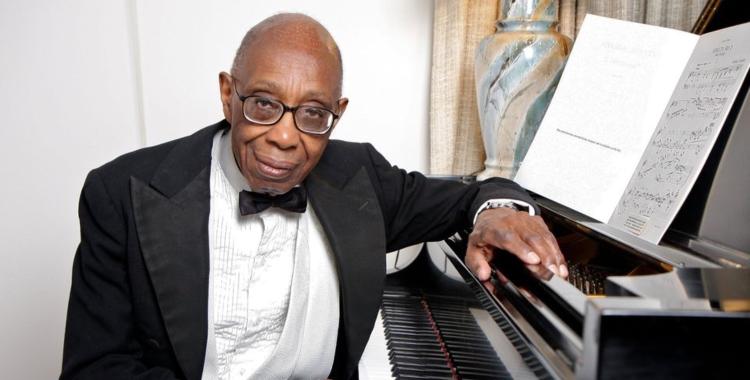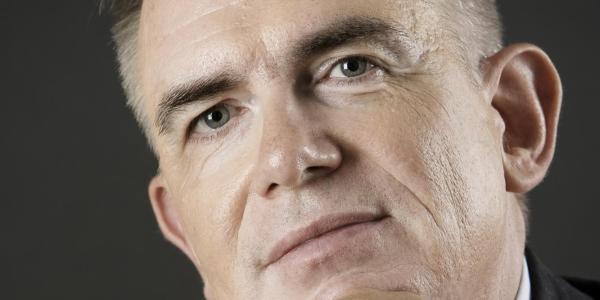 At the College of Music, we know that music—as an integral part of our daily lives—binds people together and creates space for artistic exploration.
At the College of Music, we know that music—as an integral part of our daily lives—binds people together and creates space for artistic exploration.
In that spirit, the next Faculty Tuesdays recital on Oct. 19 features Professor of Horn Michael Thornton and Professor of Piano David Korevaar—alongside graduate students and members of the Los Angeles Chamber Orchestra (LACO)— in an evening of music for winds, including celebrated BIPOC composer George Walker's "Wind Set."
“I try to use Faculty Tuesdays as a platform to bring in colleagues from different parts of my research and work, and to enhance our students' professional development," says Thornton, who holds concurrent appointments as principal horn of LACO and the Colorado Symphony. "In the past, I've performed with members from the Colorado Symphony and friends from various music festivals. For this show, I'm excited to collaborate with College of Music faculty, the CU Boulder Graduate Wind Quintet and LACO colleagues.
“For the Graduate Wind Quintet, this is a really good challenge in preparing repertoire in a timeline that's normal for professional musicians, while making meaningful connections with big names in TV and film industries. I'm also excited about diversifying the program with a composer who has meaningful connections to CU Boulder."
Indeed, the late George Walker was a visiting professor here in the 1960s; in 1996, Walker became the first African American composer to win a Pulitzer Prize for "Lilacs," a work for voice and orchestra.
In addition to "Wind Set," next Tuesday's program presents the college's Graduate Wind Quintet in Mozart's Serenade in C Minor, K. 388, as well as pianist Korevaar in Beethoven's Quintet for Piano and Winds.
“Beethoven in this piece is jumping off from a model established by Mozart, who first wrote a piece for this combination of instruments," explains Korevaar, who—as an active soloist, chamber musician and collaborator—is thrilled to be playing in-person performances again. "Beethoven, of course, handles it differently. Young Beethoven was interested in his own virtuoso pianism and maybe didn't share the spotlight as well with the other players, compared to Mozart.
“That said, there's wonderful wind writing that reflects this late-18th-century moment when orchestra wind sections were coming into their own.”
Concludes Korevaar, "Beethoven has the exquisite ability to write music that's meant for five great soloists to play in collaboration, where everybody has a critical role. It’s an extremely well-written and fun piece to play, full of infectious humor. And I'm really looking forward to working with Mike and his colleagues, whom I haven’t worked with before."




